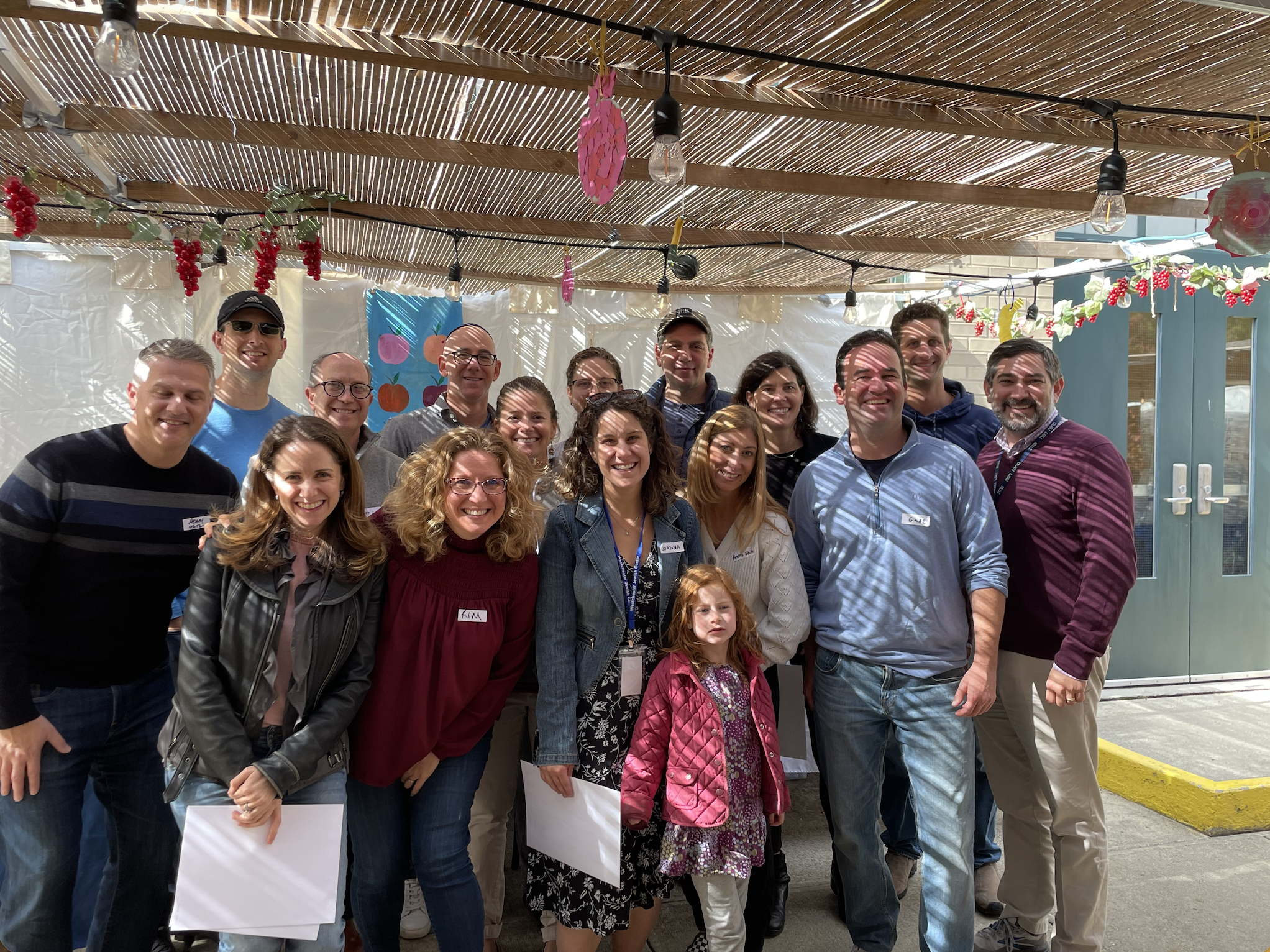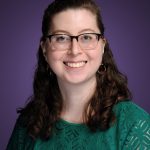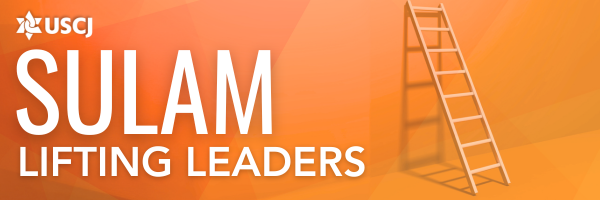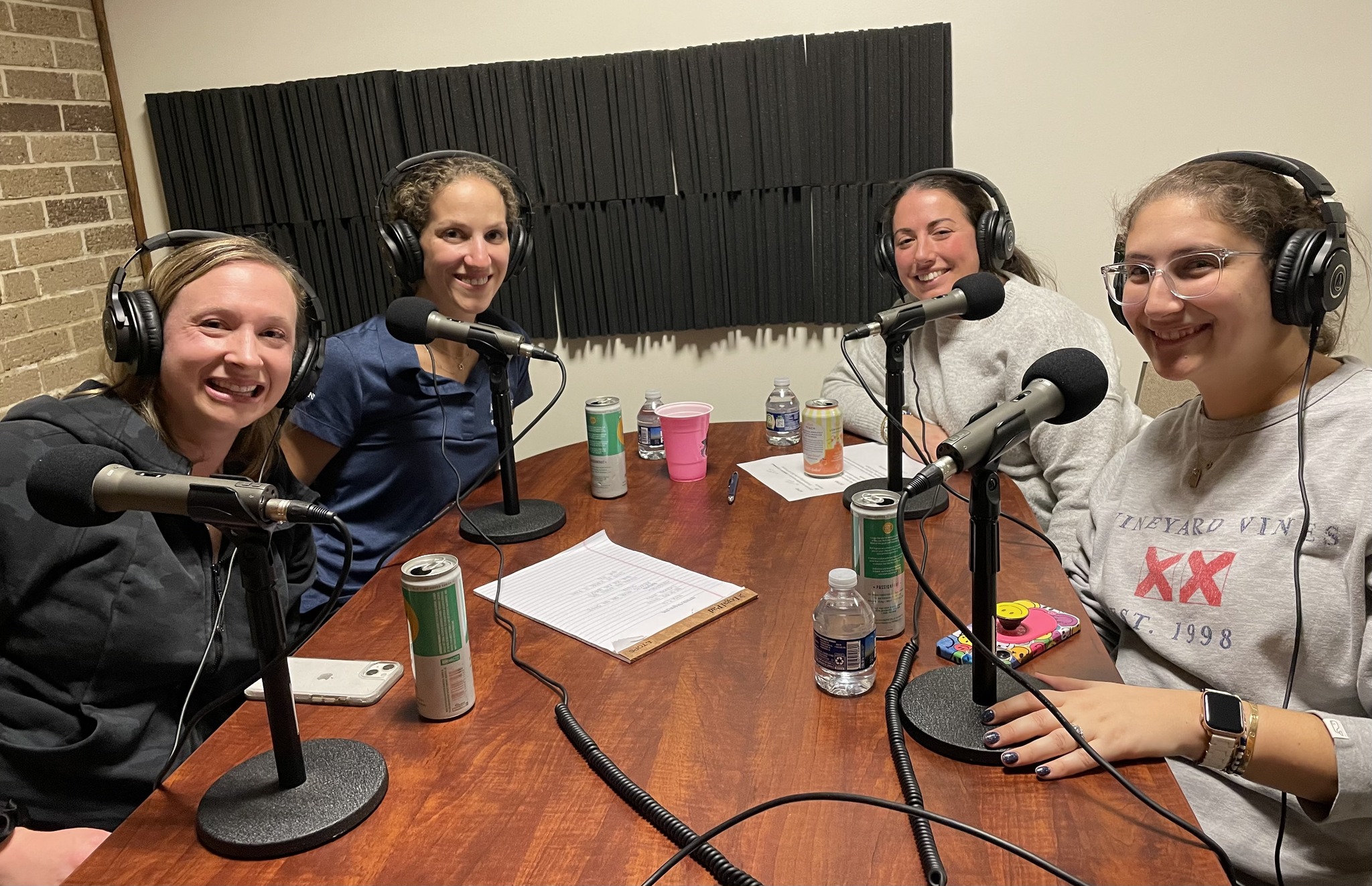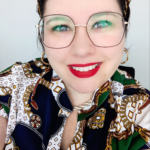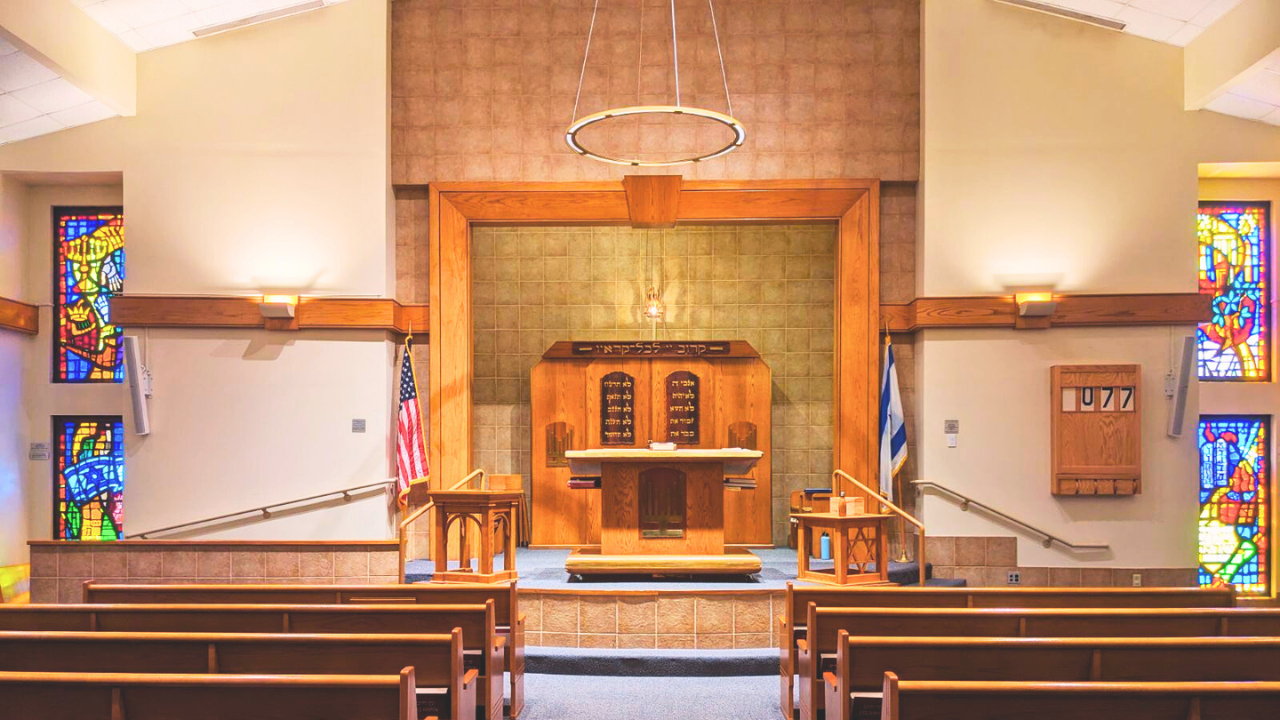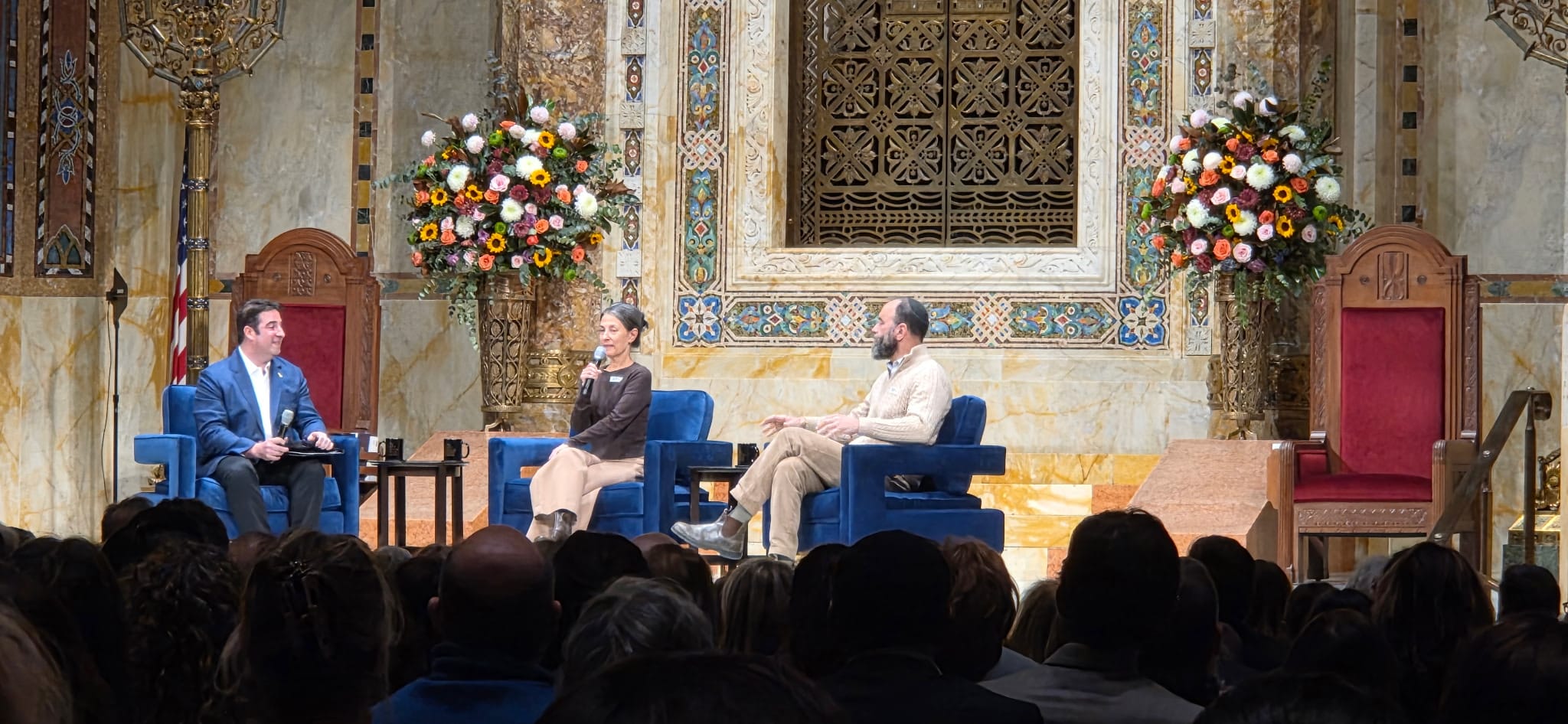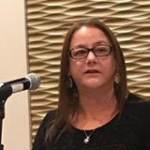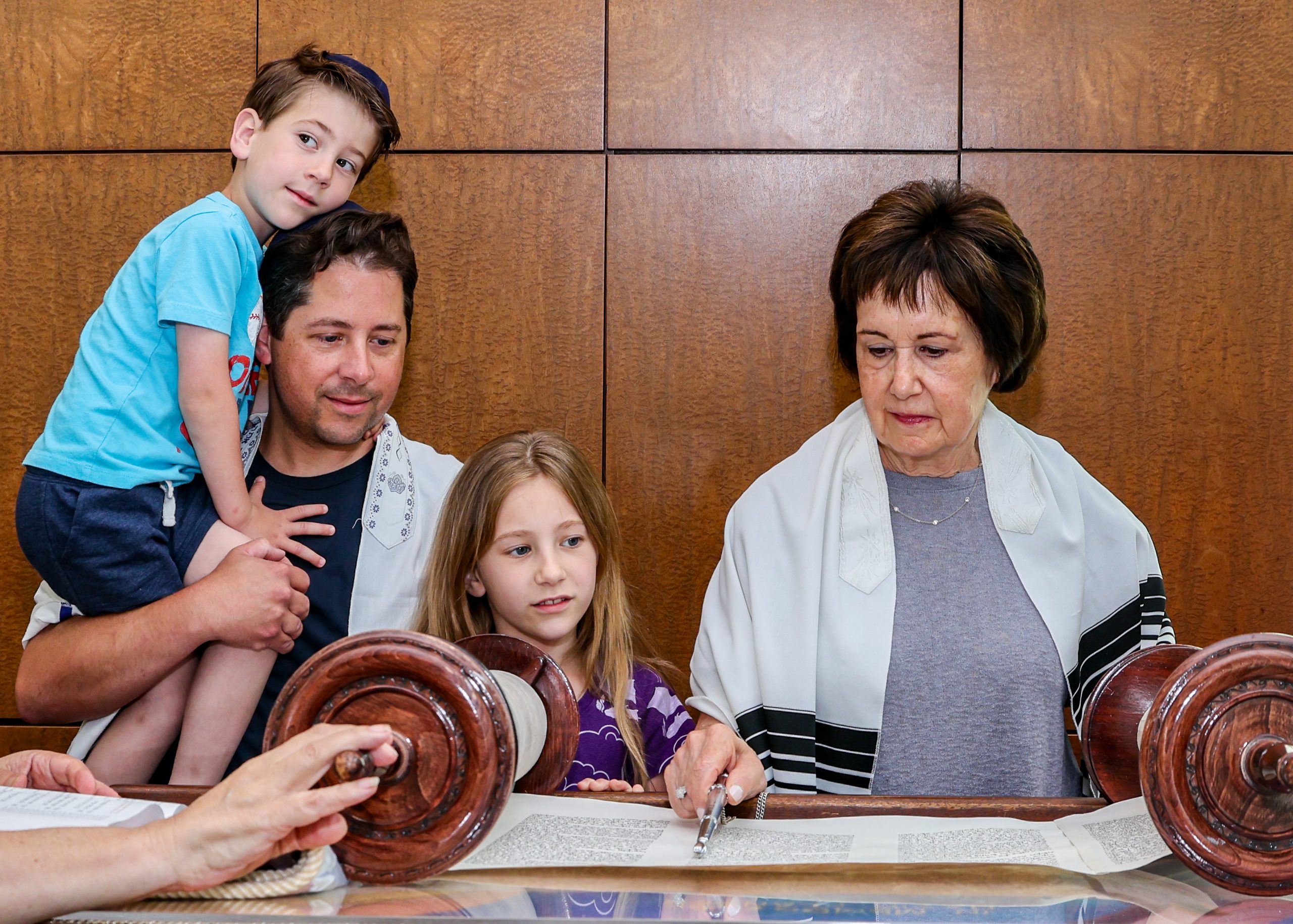“Jews are connected to a larger religious community of Christians, Muslims and those of other faiths. There’s a common desire to manifest God’s presence in the world through loving acts of kindness.”
So, explains Rabbi Avi Strausberg, Director of Congregational Learning for Temple of Aaron in St. Paul MN, in describing her synagogue’s USCJ Solomon Schechter Award-winning 2017 Interfaith Celebration of Shavuot.
A Shavuot program built on a sense of solidarity
These specific kindnesses that inspired Rabbi Strausberg came in the early months of 2017. Jewish Community Centers across the country were experiencing waves of bomb threats. Jewish cemetery desecrations and other acts of vandalism were on the rise.
Area churches sent Temple of Aaron handwritten expressions of solidarity. At the same time, 22 Islamic groups and organizations expressed concern and offered support to the Jewish Community through a half-page ad in the Minneapolis Star Tribune.
Seeing so much outreach from other faiths, Rabbi Strausberg, along with her colleagues, Senior Rabbi Jeremy Fine and Ritual Director Larry Eisenstadt, decided to reach back.
“We thought a day of Interfaith celebration and learning could be a really interesting way to bring people together,” says Rabbi Strausberg, “and Shavuot would be the most meaningful date.”
One text that Jews, Christians and Muslims all revere
“On one hand Shavuot is the Jewish revelation,” explains Rabbi Strausberg. “On the other hand, it’s the revelation of the Torah, a text that’s a reference point for multiple faiths.
To organize the program, Rabbi Strausberg reached out to her colleagues in a neighborhood interfaith council. Two members of the local Christian clergy, one Lutheran and one Episcopalian, accepted the invitation. As there were no mosques in the immediate area, a member of the council introduced Rabbi Strausberg to a local Imam who also accepted.
A celebration of all faiths and traditions
“Once we decided to hold the program on Shavuot,” Rabbi Strausberg adds, the ideas for the event came pretty quickly.”
Connecting back to the holiday’s agricultural roots, the celebration began with an Interfaith Community Farmer’s Market on the afternoon before Erev Shavuot, May 30, 2017. More than 200 people filled Temple of Aaron’s parking lot, indulging in treats provided by local vendors, including ice cream, coffee, jams, beers, syrups and fermented foods. There was live music and storytime entertainment for the children. And area artists and jewelry makers had their work on display.
Following the Farmer’s Market, about 100 people stayed for a vegetarian potluck dinner, where Jewish, Muslim and Christian neighbors got to know each other.
A chance to learn what the Torah means to others
Most who stayed for the dinner also attended the Interfaith Panel that followed. Rabbi Fine joined Imam Samir Sikali, Reverend LeeAnne Watkins and Pastor Bradley Schmeling in an open forum to discuss the meaning of God and revelation from their religion’s perspective. For example, did the religious traditions teach that divine texts were written by the hand of God, or inspired? How do they relate to interpretive traditions of divine text? Is revelation a one-time thing or is it something that is ongoing?
The panel discussion lasted for an hour, followed by Interfaith Classes, where Ritual Director Larry Eisenstadt and the other clergy members each presented their faith’s unique perspective on another Biblical touchstone shared by Jews, Christians and Muslims alike, the story of Noah and the Flood.
When the program ended, Ma’ariv services for Shavuot began in the synagogue. Accenting the service, a newfound appreciation for the Torah and its ability to bring people of many faiths and traditions together.
The program’s success was capped off by the synagogue earning a USCJ 2017 Solomon Schechter Recognition of Excellence Award for Inclusion. For Rabbi Strausberg, it was particularly meaningful. “We are grateful to be recognized for programming done in the Midwest when sometimes it feels like Judaism is at its most happening on the coasts. The recognition encourages us to continue to think and innovate with the intention of helping Jews around the country.”

